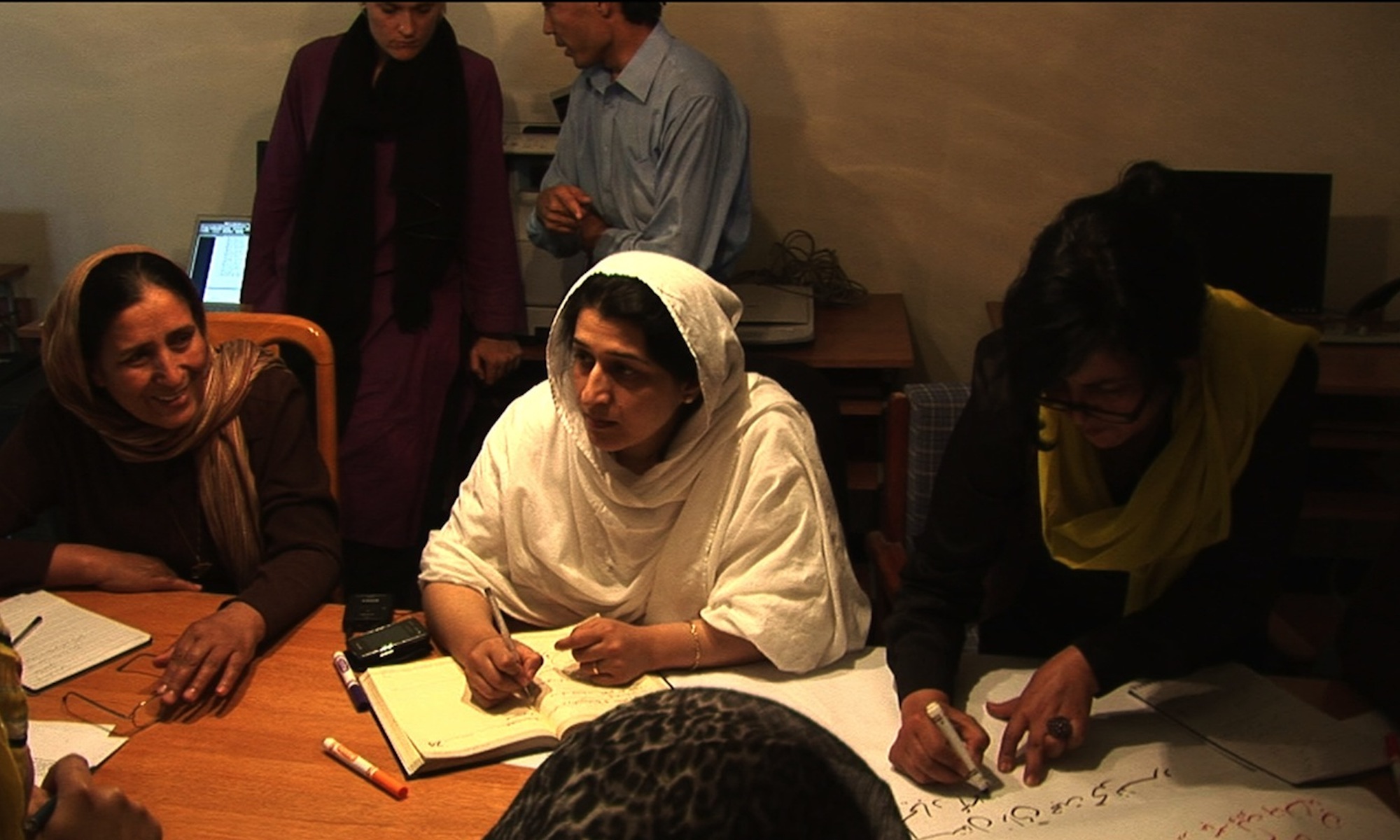Peacebuilding as Practice: Discourses from Post-conflict Tajikistan
Peacebuilding is a contested concept which gains meaning as it is practised. While academic and policy-relevant elaboration of the concept is of interest to international experts, interpretations of peacebuilding in the Central Asian arena may depart immensely from those envisaged within the western-dominated ‘international community’. This article opens up the dimensions and contingent possibilities of “peacebuilding” through an investigation of two alternative approaches found in the context of Tajikistan. It makes the critique that peacebuilding represents one contextually grounded basic discourse. In the case of Central Asia, and in particular post-conflict Tajikistan, at least two other basic discourses have been adopted by parties to the post-Soviet setting: elite “mirostroitelstvo” (Russian: peacebuilding) and popular ‘tinji’ (Tajik: wellness/peacefulness). Based largely on fieldwork conducted in Tajikistan between 2003 and 2005, the argument here is that none of these three discourses is merely an artificial or cynical construct but that each has a certain symbolic and normative value. Consequently, a singular definition of Tajik ‘peacebuilding’ proves elusive as practices adapt to the relationships between multiple discourses and identities in context. The article concludes that ‘peacebuilding’ is a complex and intersubjective process of change entailing the legitimation of new relationships of power.
